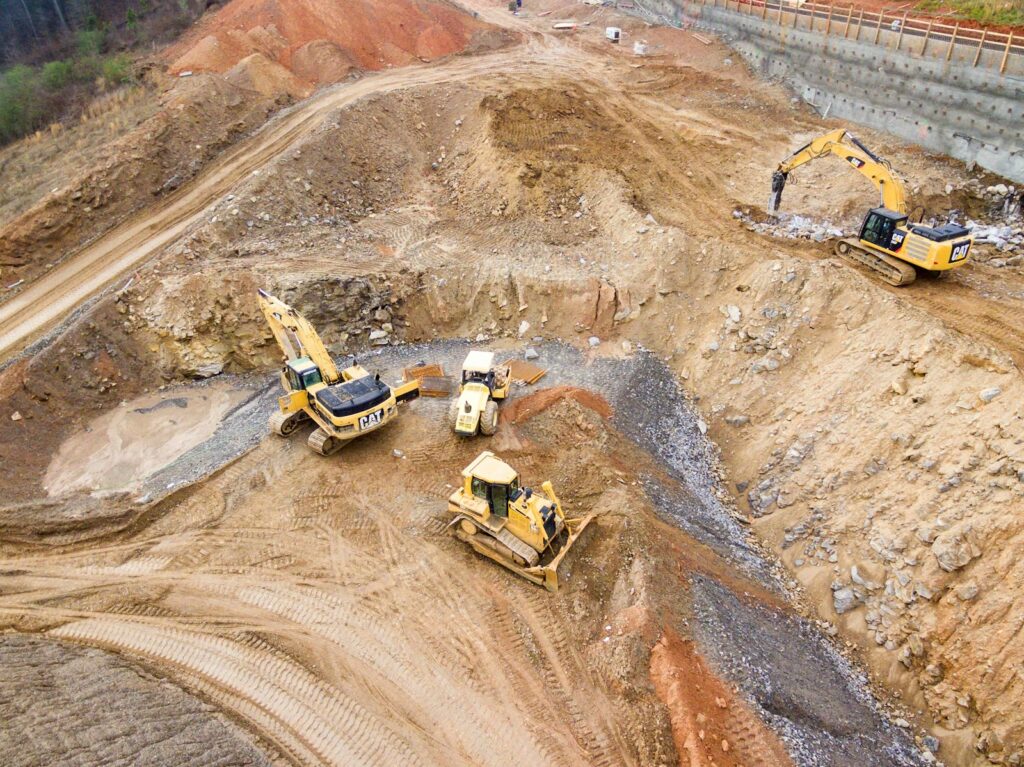The University of Oxford has launched a new initiative to address the issue of how to reach net-zero.
The Oxford Net Zero project has just received a £2.2m investment from the University’s new Strategic Research Fund (SRF). This funding will be used to draw on the universities leading academics from across various disciplines.
The researchers will address the challenges in achieving net-zero and will provide information on the necessary policy interventions.
To achieve net-zero and avoid the worst impacts of global warming, carbon dioxide emissions must be drastically reduced, and any residual emissions removed from the atmosphere and stored.
More than 120 countries are committing to net-zero, representing more than 49% of global economic output, however official commitments with developed plans cover less than 10% of global emissions.
The key aim of the initiative is to address this issue and provide concrete advice to governments on how to achieve their climate targets.
Professor Myles Allen, physicist and head of the Climate Research Programme in Oxford’s Environmental Change Institute, said: ‘We’ve left it too late to meet our climate goals simply by phasing out all activities that generate greenhouse gas emissions: hence the ‘net’ in net-zero,’
‘Aggressive emission reductions must be complemented by equally aggressive scale-up of safe and permanent greenhouse gas removal and disposal. Getting this balance right, and fair calls for both innovative ideas and far-sighted policies.’
Research director Professor Sam Fankhauser added: ‘If we are serious about climate change, we have to start tackling the “difficult” emissions from industry, transport and other sources – and safely remove from the atmosphere whatever residual emissions remain.
‘Informing this challenge is central to Oxford Net Zero, and I am proud to be part of this important initiative.’
Photo Credit – Pixabay
















